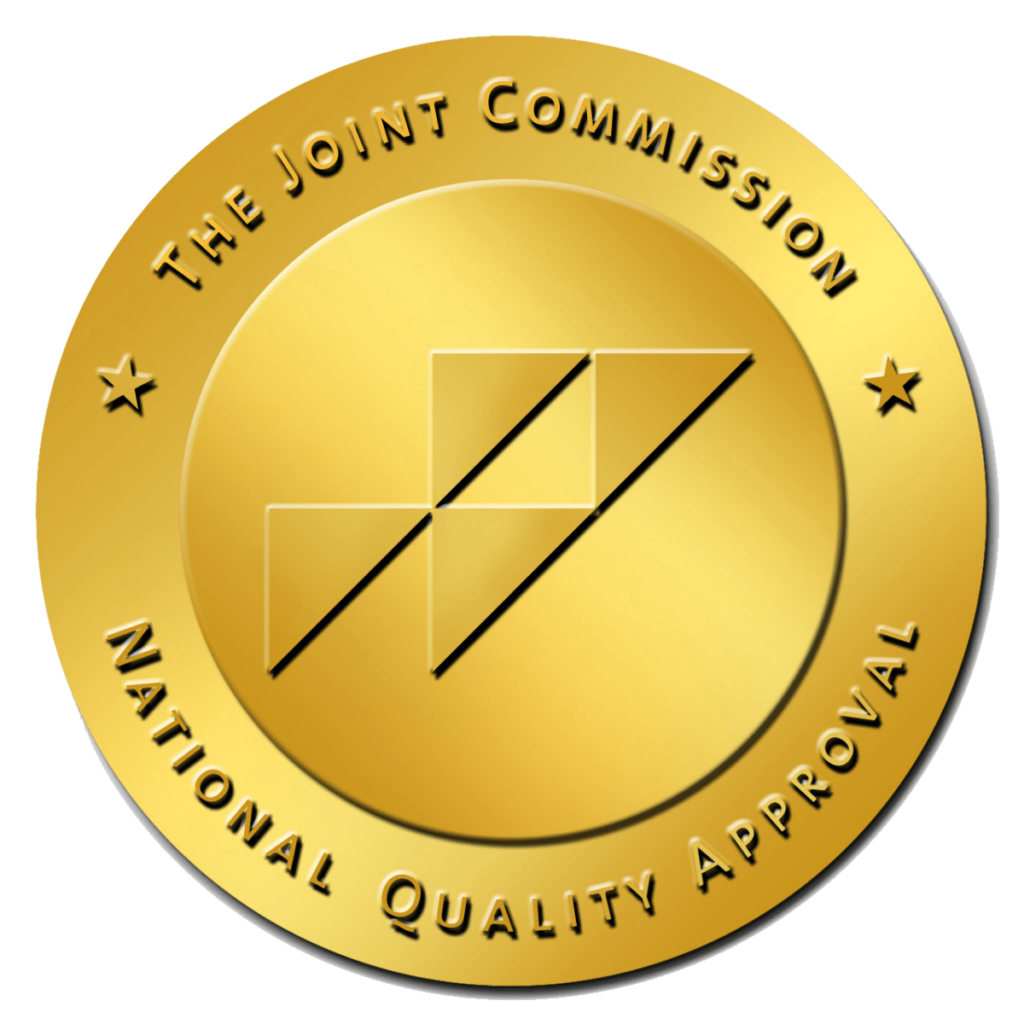Choose Facility
Raising a teenager can be hard, and it is not always easy to tell when they are struggling with mental illness. It can be difficult to recognize the signs of mental illness in teens, as they may not be aware of the symptoms themselves or may be unwilling to talk about them. However, it’s crucial to be aware of the signs of mental illness in teens in order to get them the help they need.
Changes in Appetite and Eating Habits
When it comes to mental health, parents often overlook changes in the eating habits and appetite of their teens. While it is normal for teenagers to have a changing appetite due to their growing bodies, prolonged changes in appetite can be a sign of mental illness. A decrease or increase in appetite can both be a sign of a mental health issue.
A decrease in appetite can be a sign of depression or anxiety. This can be caused by a decrease in the ability to enjoy food or even a lack of motivation to cook and eat. If your teen is struggling with depression, they may experience an overall lack of energy and motivation. This can lead to them not wanting to prepare meals or eat.
On the other hand, an increase in appetite can be a sign of certain mental health issues such as bipolar disorder or schizophrenia. When teens experience episodes of mania, they often have an increase in appetite. This is due to their elevated moods and energy. They may also have an increase in food cravings, which can lead to an increase in their eating habits.
Extreme Mood Swings
Extreme mood swings can be caused by a variety of factors, including a family history of mental illness, stress, trauma, or an underlying mental health condition such as depression or bipolar disorder. It is important to note that the cause of extreme mood swings is often unknown, and the symptoms can vary greatly depending on the individual.
The signs of extreme mood swings can include sudden changes in emotions, energy levels, and behavior. Your teen may feel overly excited or happy one moment and then suddenly become irritable or angry the next. They may also experience difficulty concentrating, sleep disturbances, changes in appetite, and increased risk-taking behaviors.
If you suspect that your teen is struggling with extreme mood swings, it is important to seek help. Talk to your teen about their feelings and encourage them to open up about what they are going through. It is also important to create a supportive environment at home and to reach out to family and friends for help. If the situation persists, it is important to consult with a mental health professional to receive a proper diagnosis and treatment plan.
A Decline in Academic Performance
The link between mental health and academic performance is well-established. Research has shown that mental health issues can lead to a decline in academic performance, so it’s important to pay close attention to any signs of mental illness in your teen.
If your teen is exhibiting signs of mental illness, it’s likely to manifest itself in their academic performance. They may start to have difficulty completing assignments, struggle to keep up with their studies or receive lower grades than normal. It’s important to note that these could also be indicators of other issues, such as stress or boredom, so it’s important to investigate further.
In some cases, your teen may be displaying signs of depression or anxiety. They may be irritable, withdrawn, or have trouble sleeping. They may also be showing signs of low self-esteem, such as avoiding social situations or feeling worthless. If you notice any of these signs, it’s important to seek help.
Final Thoughts
Mental health is a serious issue and should be taken seriously. If your teen is struggling with mental illness, it is important to recognize the signs and symptoms. It is also essential to seek help from a mental health professional in order to ensure proper treatment and help your teen manage their mental illness. Mental illness is treatable, and your teen can have a healthy and happy life with the right support and treatment.
Help your teen cope with their mental illness with the aid of Ascend Behavioral Health. We are a teenage mental health facility that aims to help restore healthy neuropsychological “brain” functioning in each child and teen we serve. Our program is run by talented and experienced mental health clinicians that use evidence-based treatment to help restore health and functioning in teens that are struggling with mental health concerns. Get in touch with us today!

All Rights Reserved © by Sierra Meadows Behavioral Health | Website Sitemap | Privacy Policy | Billing Policy
Certified by the State Department of Health Care Services. Certification Number: 100008AP. Expiration Date: 12/31/2025

